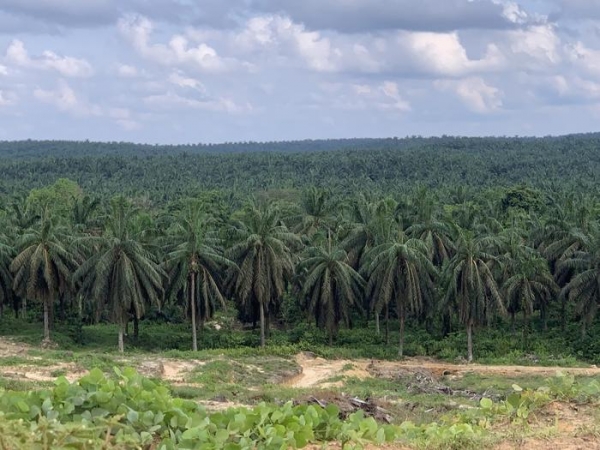Southeast Asia’s tropical forests are renowned for their biodiversity, but at the same time face significant threats from the expansion of oil palm plantations. With global demand for palm oil rising, the urgency for effective restoration strategies in these landscapes has become critical. A long-running experiment led by Göttingen University, Germany, and including the IPB University, Bogor and Jambi University in Indonesia, has investigated how ecological restoration promotes biodiversity recovery in oil palm plantations in Sumatra. Their findings reveal that establishing islands of trees within large oil palm monocultures can promote the recovery of native tree diversity through natural regeneration. The results were published in Science.
The international research team established 52 tree islands of varying sizes and diversity of planted trees in a conventional industrial oil palm plantation in Sumatra, Indonesia. This innovative experimental setup provided valuable insights into how initial restoration decisions influence biodiversity in oil palm-dominated landscapes. For instance, standard plantation management usually includes suppression of the undergrowth by using large amounts of herbicides and fertilizers. However, a diverse range of native species successfully colonized the tree islands, including trees that are endemic to Sundaland, meaning that they are only found in this region. Within just six years, many of these trees have already begun fruiting, with some exceeding 15 meters in height. Interestingly, alien species – meaning those not native to the study region – represented only ten percent of the natural regeneration in the restored areas.
Read more at: University of Gottingen
Industrial oil palm plantation in Jambi, Sumatra (Photo Credit: Gustavo Paterno)
Sustainability Sci/Tech Top Stories Climate

